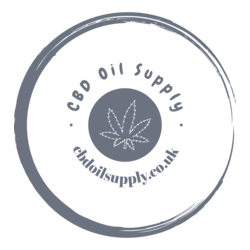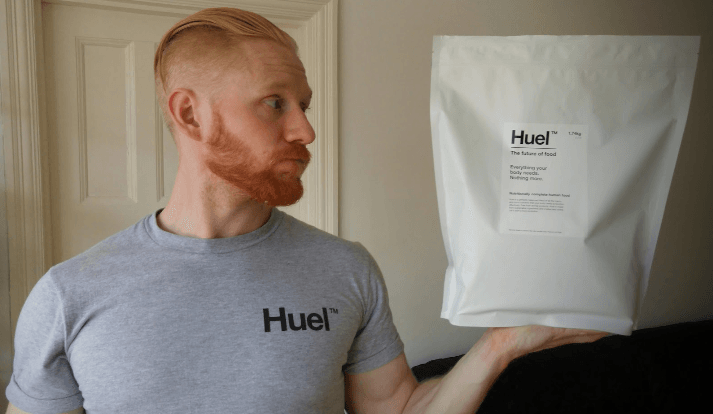Introduction
Maintaining a strong immune system is crucial for overall health and well-being, especially in times of illness or disease. While certain foods can help support immune function, others may have the opposite effect, weakening the body’s natural defenses. In this comprehensive guide, we’ll explore 10 common foods that may compromise immune function, along with tips for making healthier dietary choices to support optimal immune health.
Sugar and Sugary Foods
Excessive consumption of sugar and sugary foods can suppress immune function by impairing the ability of white blood cells to combat pathogens. High sugar intake may also contribute to inflammation, which can further compromise immune response.
Processed Foods
Processed foods, such as fast food, frozen meals, and packaged snacks, are often high in unhealthy fats, sugars, sodium, and artificial additives. These nutrient-poor foods provide little to no nutritional value and can weaken the immune system over time.
Alcohol
Excessive alcohol consumption can impair immune function by suppressing the production of white blood cells and weakening the body’s defense mechanisms against infections. Chronic alcohol abuse may also disrupt the balance of gut bacteria, further compromising immune health.
High-Sodium Foods
Foods high in sodium, such as processed meats, canned soups, and fast food, can contribute to inflammation and oxidative stress, both of which can weaken the immune system’s ability to respond to pathogens.
Trans Fats
Trans fats, found in partially hydrogenated oils used in many processed and fried foods, have been linked to inflammation and impaired immune function. Limiting intake of trans fats is essential for supporting immune health.
Refined Grains
Refined grains, such as white bread, white rice, and pasta made from refined flour, lack essential nutrients and fiber found in whole grains. Consuming too many refined grains can lead to inflammation and weaken immune function.
Artificial Sweeteners
Artificial sweeteners, commonly found in diet sodas, sugar-free snacks, and processed foods labeled “low-calorie” or “sugar-free,” may disrupt gut bacteria and negatively impact immune health.
High-Fat Foods
While healthy fats are essential for immune function, excessive consumption of high-fat foods, particularly those high in saturated and trans fats, can promote inflammation and weaken immune response.
Dairy Products
Some people may be sensitive to dairy products, such as milk, cheese, and yogurt, which can trigger inflammation and digestive issues. Consuming dairy products in excess may compromise immune function in sensitive individuals.
Food Additives and Preservatives
Food additives and preservatives, such as artificial colors, flavors, and chemical stabilizers, are commonly found in processed foods and may have negative effects on immune health. Limiting intake of these additives is important for supporting immune function.
Tips for Supporting Immune Health
- Eat a balanced diet rich in fruits, vegetables, whole grains, lean proteins, and healthy fats to provide essential nutrients for immune function.
- Stay hydrated by drinking plenty of water throughout the day to support immune health and overall well-being.
- Limit intake of processed foods, sugary snacks, and unhealthy fats to reduce inflammation and support immune function.
- Incorporate immune-boosting foods such as citrus fruits, leafy greens, garlic, ginger, and yogurt into your diet regularly.
- Get regular exercise, manage stress, and prioritize sleep to support overall immune health and well-being.
- Practice good hygiene, including regular handwashing and proper food handling, to reduce the risk of infection and illness.
Frequently Asked Questions (FAQs)
Can certain foods boost immune function?
Yes, certain foods rich in vitamins, minerals, antioxidants, and phytonutrients can help support immune function and enhance the body’s ability to fight off infections.
How does diet impact immune health?
Diet plays a crucial role in immune health, as nutrient-rich foods provide the essential vitamins, minerals, and antioxidants needed for optimal immune function.
Are there specific dietary supplements that can strengthen the immune system?
While some dietary supplements may support immune health, it’s best to focus on obtaining nutrients from whole foods whenever possible. Speak with a healthcare professional before starting any new supplements.
Can food allergies or sensitivities weaken the immune system?
Yes, food allergies or sensitivities can trigger inflammation and immune reactions in the body, potentially weakening immune function over time.
Are there any foods that can help boost immune function during cold and flu season?
Foods rich in vitamin C, vitamin D, zinc, and antioxidants, such as citrus fruits, berries, leafy greens, and fatty fish, may help support immune function during cold and flu season.
How can I tell if a food is negatively affecting my immune system?
Pay attention to how your body responds to certain foods. If you experience symptoms such as bloating, fatigue, digestive issues, or frequent infections after consuming certain foods, it may indicate a negative impact on immune function.
Is it possible to improve immune function through diet alone?
While diet plays a significant role in immune health, other lifestyle factors such as exercise, sleep, stress management, and hygiene also influence immune function. A holistic approach that addresses all these factors is essential for supporting optimal immune health.
Conclusion
Maintaining a strong immune system is essential for overall health and well-being, and diet plays a crucial role in supporting immune function. By avoiding or limiting consumption of foods that may weaken the immune system, and focusing on nutrient-rich whole foods that support immune health, you can help optimize your body’s natural defenses and reduce the risk of infection and illness. By incorporating immune-boosting foods, staying hydrated, managing stress, and practicing good hygiene, you can support your immune system and enjoy better health and vitality.
- Why Vista Edge Vape Is Trending: The Features That Make It Stand Out - May 31, 2025
- Skin Pen Microneedling Near Cheam, Surrey - May 30, 2025
- Jaw Fillers For A Defined Jawline Near Wotton, Surrey - May 30, 2025




